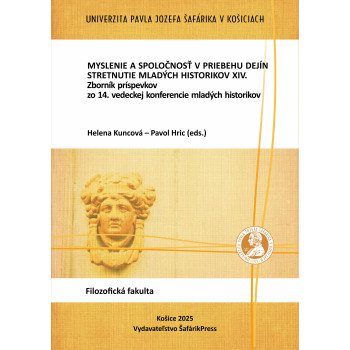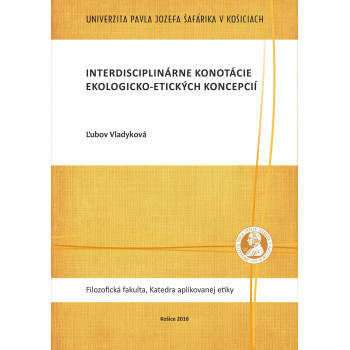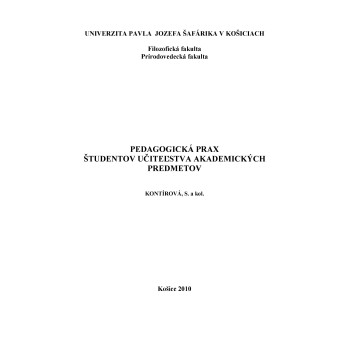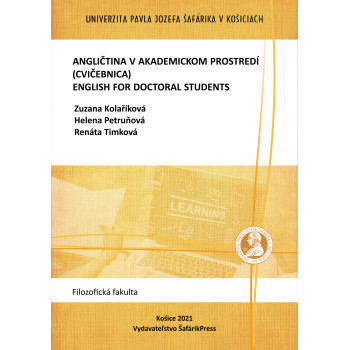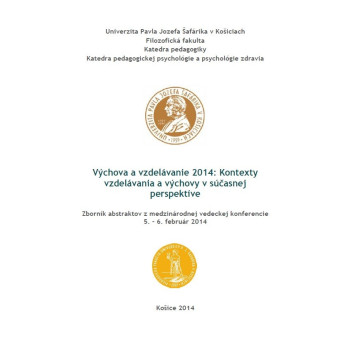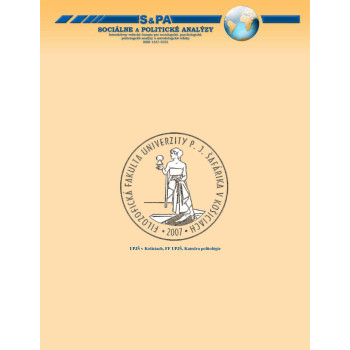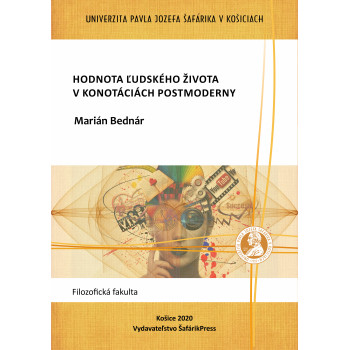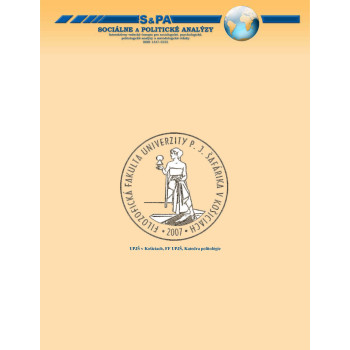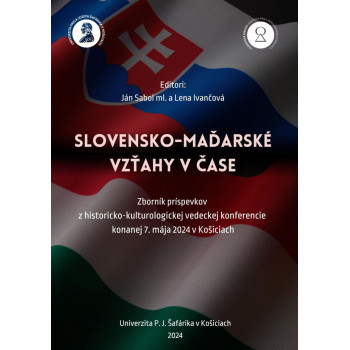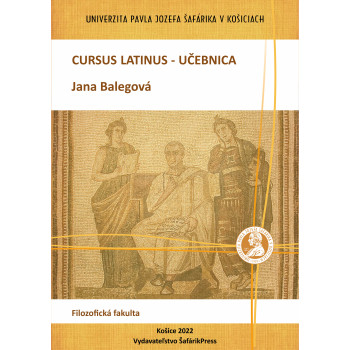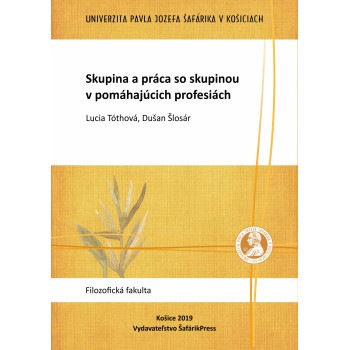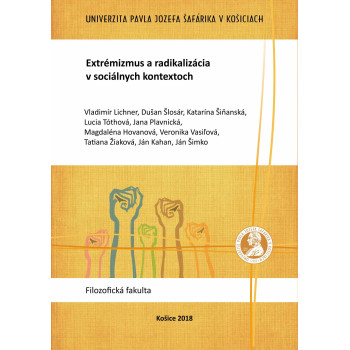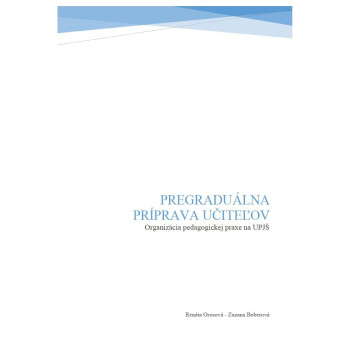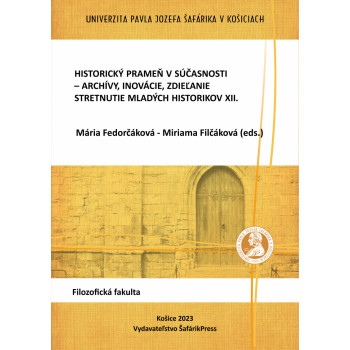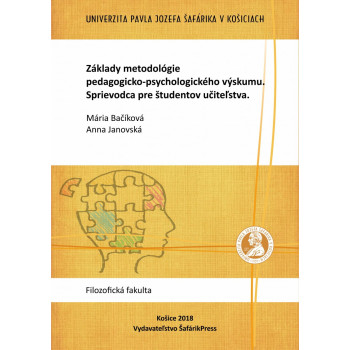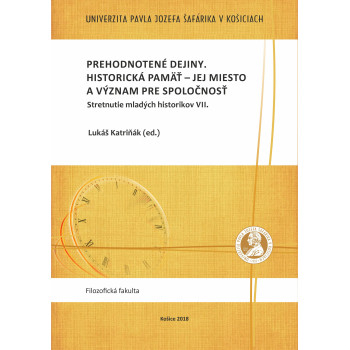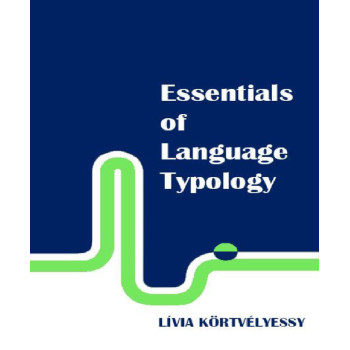
Myslenie a spoločnosť v priebehu dejín....
E-book
Helena Kuncová – Pavol Hric (eds.)
Zborník “Stretnutie mladých historikov XIV“ s témou Myslenie a spoločnosť v priebehu dejín prináša súbor vedeckých príspevkov, ktoré sa venujú vzťahu medzi myslením a spoločenskými zmenami v historickom vývoji. Doktorandi a doktorandky z rôznych univerzít a inštitúcií analyzujú, ako politické, ekonomické a sociálne premeny ovplyvňovali myslenie rôznych sociálnych skupín a naopak, ako tieto zmeny v myslení formovali dejinné procesy. Každý príspevok bol podrobený odbornému hodnoteniu dvoch garantov, ktorých pripomienky sú reflektované v predkladanej verzii zborníku. Témy príspevkov sú rozdelené do jednotlivých blokov, v ktorých boli prezentované na konferencii 15. a 16. októbra 2024 na Katedre histórie, FF UPJŠ v Košiciach. Zborník obsahuje príspevky nasledujúcich prezentujúcich: Mgr. Michal Pajer, Mgr. Helena Kuncová, Mgr. Barbora Mlyneková, PhDr. Patrik Beňuš, Mgr. Mária Rímešová, Mgr. Pavol Hric, Mgr. Monika Tresová, Mgr. Miriama Balvirčáková, Mgr. Monika Soukupová, PhDr. Ivan Chylák, Mgr. Dorota Tóthová, Mgr. Dominik Šípoš, Mgr. Martin Pastor a Mgr. Jaroslav Valent.



